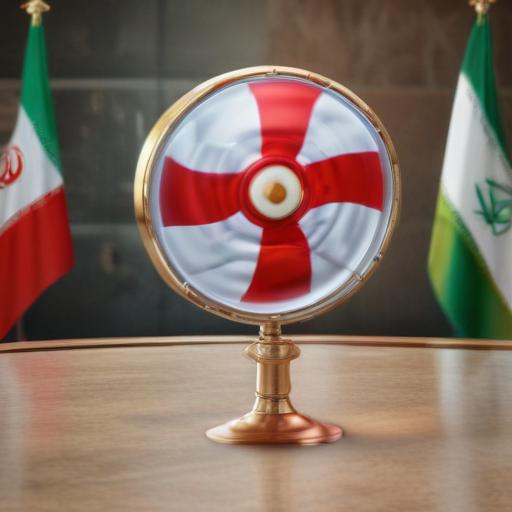Iran has announced that it will not resume discussions regarding its nuclear program until it experiences a cessation of hostilities. This development comes in the wake of heightened tensions following a warning from Israel’s defense minister about a potentially prolonged conflict with Iran.
Iranian Foreign Minister Abbas Araghchi engaged with European diplomats in Geneva, who encouraged a revival of diplomatic efforts concerning the nuclear matter with the US. However, Araghchi emphasized that diplomatic discussions were contingent upon halting what he described as Israeli aggression. He reaffirmed that Iran’s nuclear program is for peaceful purposes and asserted the country’s right to self-defense.
The recent escalation of hostilities between Iran and Israel has seen military actions from both sides. The Israeli military disclosed new operations targeting Iranian missile storage and launch sites in response to missile attacks from Iran towards central Israel, which resulted in explosions in areas near Tel Aviv. Furthermore, reports have surfaced of casualties, including the death of a 16-year-old in an Israeli strike on Qom, south of Tehran, along with further strikes in Isfahan aimed at nuclear facilities.
Israel’s envoy to the UN has accused Iran of pursuing a “genocidal agenda,” indicating that military targeting of Iranian nuclear capabilities would persist until those facilities are dismantled. The Israeli leadership claims to have significantly delayed Iran’s nuclear progress by at least two years through these ongoing strikes.
US President Trump has also weighed in on the situation, asserting that Iran has a limited two-week timeframe to reconsider its position or face possible airstrikes. He was dismissive of the negotiations in Geneva, stating that Iran’s interest lies with the US rather than Europe.
UK Foreign Secretary David Lammy described the crisis as perilous, while French Foreign Minister Jean-Noel Barrot highlighted the need for negotiations without prerequisites linked to military actions, cautioning against the impulsive pursuit of regime change in Iran.
This ongoing conflict underscores the complexities of international relations in the region and the delicate balance required to navigate discussions about weapons proliferation. Positive outcomes may arise should all parties prioritize open dialogue and a commitment to peace over continued aggression, paving the way for a diplomatic resolution to the nuclear issue.
